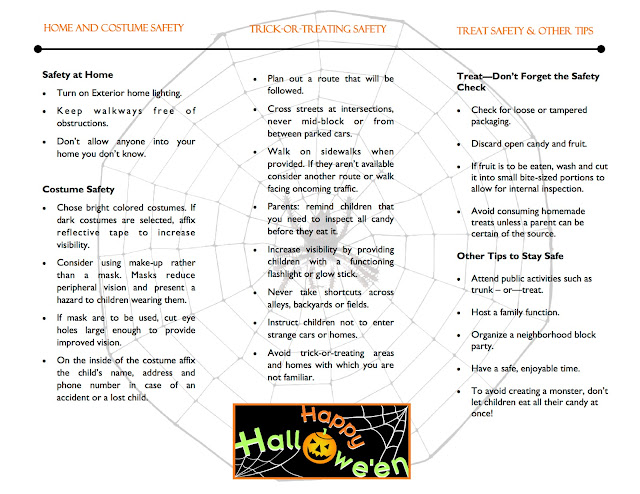Why You Need A Private Disability Income Policy
You know that you need a backup plan for the possibility that you could become disabled and unable to work. You need a way to bring in that lost income so that you can continue to pay your bills and take care of your family. This is known as disability income insurance, and you may already have some form of this coverage included as part of your benefits at work. Unfortunately, if you are relying on this coverage to get you through a serious disability, you may find yourself out of luck.
Verify Your Coverage
You need to know exactly what is covered and what is not in your benefits package. Take the time to talk to your HR department and ask for a copy of the policy. You need to look for a couple of things: short-term and long-term disability coverage, and what percentage of your salary will be paid out while disabled. Finally, you need to know how long the benefits last before running out and leaving you on your own.
Odds are when you look at this policy with a critical eye you will quickly realize that it's really not enough. If you were to face a serious long-term disability, most employer provided disability policies would not be enough to get you through. If this is the case, you need to consider a private policy.
Why It's Worth The Cost
Very few of us have enough savings put aside to keep us afloat for very long if we were unable to work. That is why disability insurance exists. A disability income policy is designed to pay your salary when you are unable to work, and a private policy almost always provides better and more comprehensive coverage than those provided by employers. In many cases, employer provided policies give you only a certain percentage of your salary and last for a limited period of time.
While a private policy will also have limitations, you are free to choose the policy that provides you with the best level of coverage possible and the most peace of mind. You can also extend your benefits beyond the employer-provided policy and ensure that you can get the longest possible time to recover and get back on your feet. The monthly premiums on a private policy are well worth the peace of mind.
Disability income insurance is a policy no one should be without; the loss of your income could leave your family devastated. Be prepared by taking the time to look over your current benefits and talking to your insurance agent about how to increase them.
9416988877


